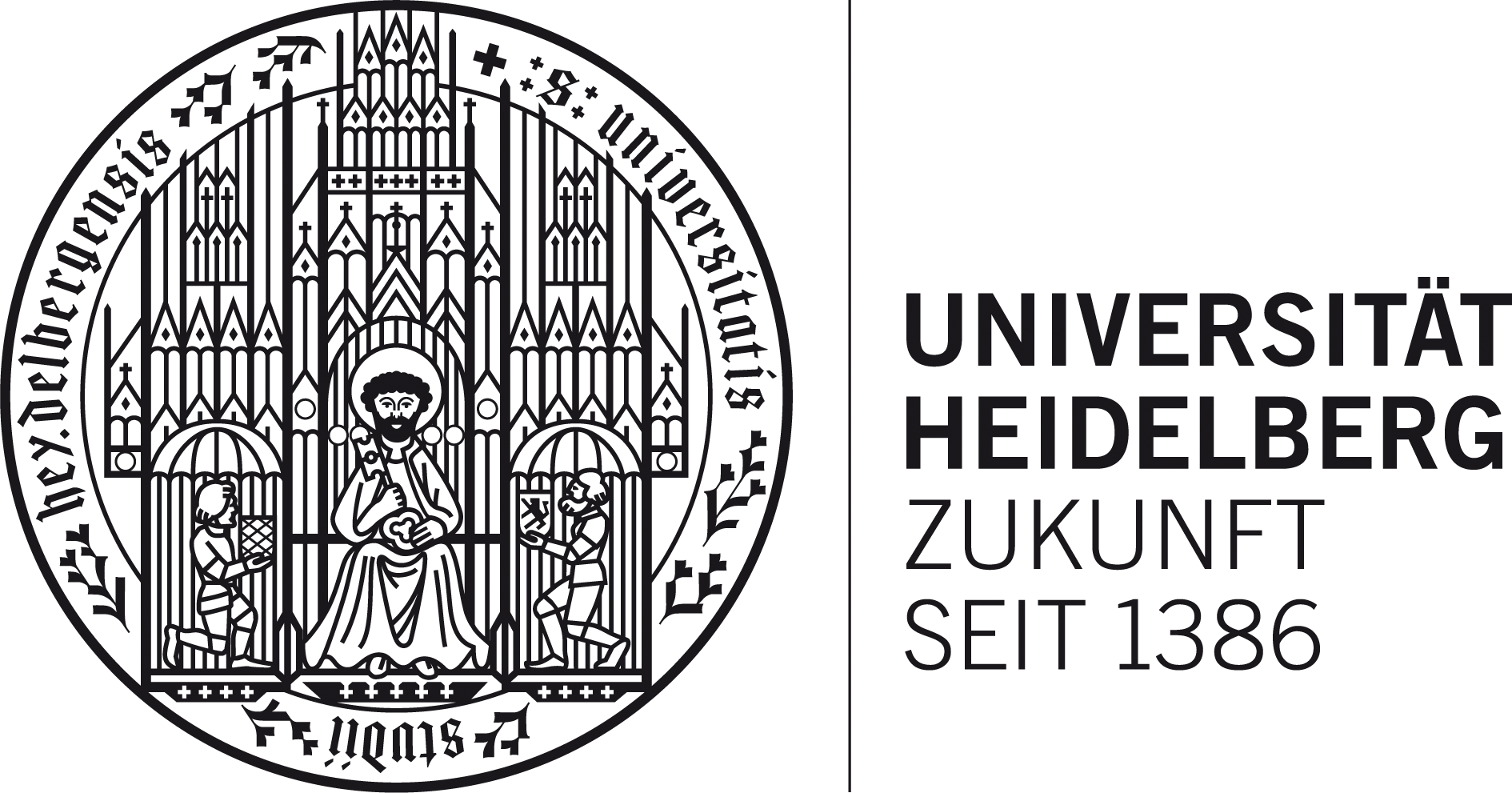PhD Positions
C1 PhD Topic: Assessment of movement and assistance scenarios
Short description
The needs for daily movements and appropriate support through motion assistance systems are very diverse – from quasi-stationary, but load-changing postures, e.g., in the kitchen, hiking in mountainous terrain. We aim to develop a catalog of elementary movements of which these complex movements are composed and their context-specific need for support from the assistance system. Physical limitations, both from biomechanical as well as from the user’s perspective need to be considered.
Research will be performed to review functional handicaps in the context of lower limb prosthetics and orthotics for identifying everyday tasks and transfer situations to be monitored via motion capture, force, EMG measurements and other sensor modalities such as functional materials (ferromagnetic, ferroelectric). Everyday movements will be recorded, categorized and analyzed also in transfer situations for the physically unrestricted as well as their model-based movement decomposition.
The PhD student will perform respective research in movement science, starting from literature review, and cooperate in cohort trials in the motion lab.
Profile and qualification requirements
- Very good Master's degree in the fields of sports with focus movement science or engineering with focus biomechanics
- Good programming skills
- Good knowledge of English and good communication skills in German
PI and Co-PIs
Sebastian Wolf (PI), Mario Kupnik (Co-PI), Frauke Nees (Co-PI)
C2 PhD Topic: Integration of user and expert perspectives in movement limitations along the integration of biomechanical and psychophysiological dimensions
Short description
Assistance systems enable movement support as well as a targeted restriction of movements. In this sub-project, the analysis of measured data will be combined with the individual assessment of users and experts in the various application scenarios to achieve new insights into movement strategies, user perception, and assistance behavior.
Research will be performed in the integration of potential users into the development of systems that are built for the assistance of movements as well as for a targeted limitation of movements. Different movement simulations and their consequences for biomechanical, neuromuscular triggered and individual movement behavior, perception and sensation will be investigated. Respective methods will be developed using state-of-the-art technologies like virtual reality and eye-tracking.
Profile and qualification requirements
- Excellent Master’s degree in psychology, (cognitive) neuroscience (obtained at the application date) or another natural science
- Knowledge and interest in experimental psychology and neuroscience; solid background in programming skills and interest in psychophysiological and computer generated methods
- Knowledge of statistics and familiarization with statistical databases (e.g. SPSS, SAS, R) and complex data analytics will be valued
- Good English language skills
PI and Co-PIs
Frauke Nees (PI), André Seyfarth (Co-PI), Mario Kupnik (Co-PI)
C3 PhD Topic: Human-in-the-Loop Studies for Assistive Devices
Short description
Human-in-the-loop experiments facilitate a continuous involvement of users in the research and development process of assistive devices. We intend to simulate the assistive system so that users can interactively experience and evaluate during development. Considering locomotion assistance and its cognitive effects, we will enable users to parameterize control algorithms and mechanical properties of the assistive devices online according to their individual preferences.
Profile and qualification requirements
- Excellent Master’s degree elec./mech. engineering, cognitive/computer science, biomechanics, psychology/neuroscience, or related
- Knowledge on specific topics and technical skills
- Experience/interest in human-centric technology
- Methodical knowledge in either human-robot interaction, mechatronic design/control, or user studies/VR
- First publications
- Very good English skills
PI and Co-PIs
Philipp Beckerle (PI), Joachim Vogt (Co-PI), Herta Flor (Co-PI)
